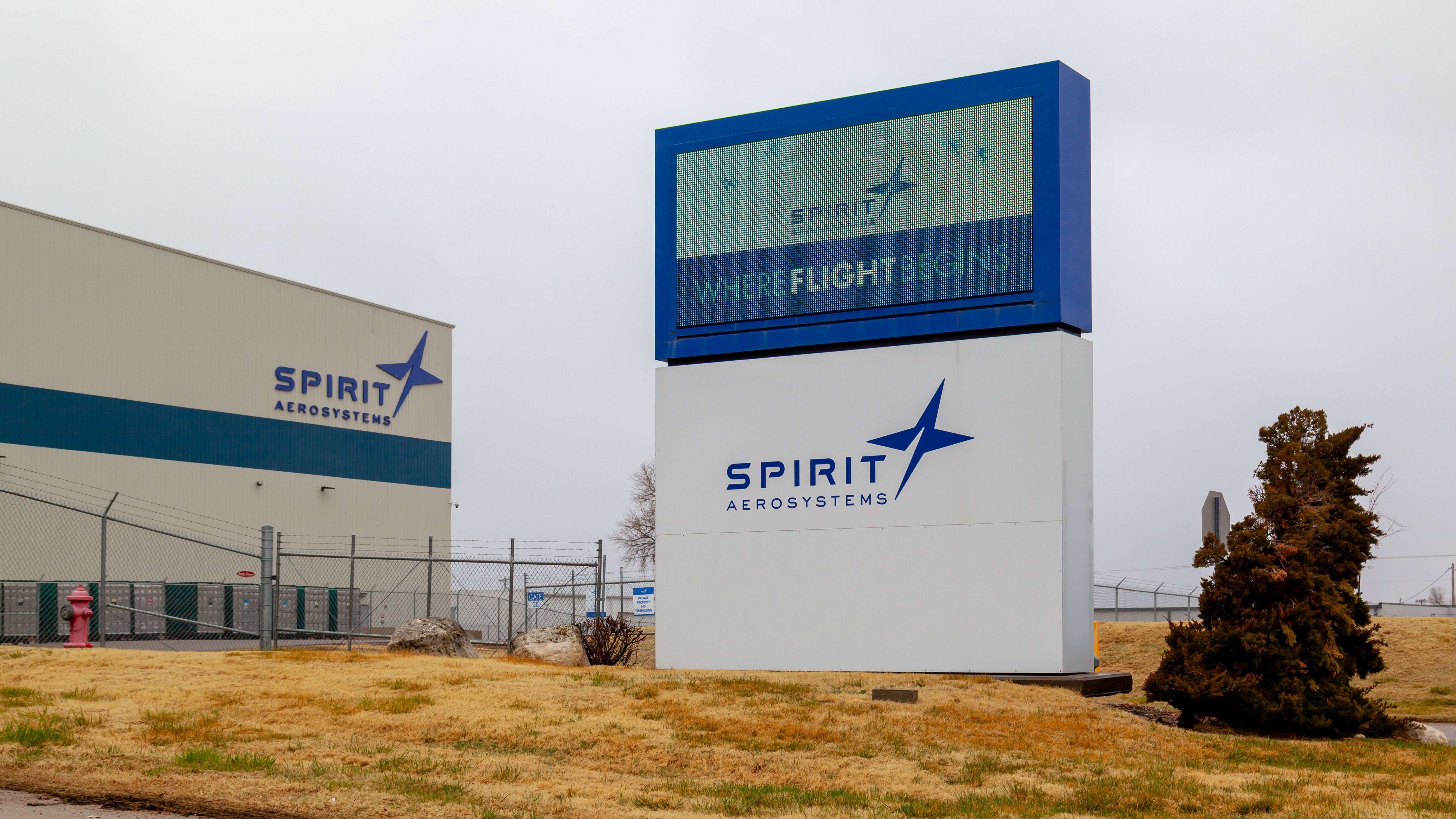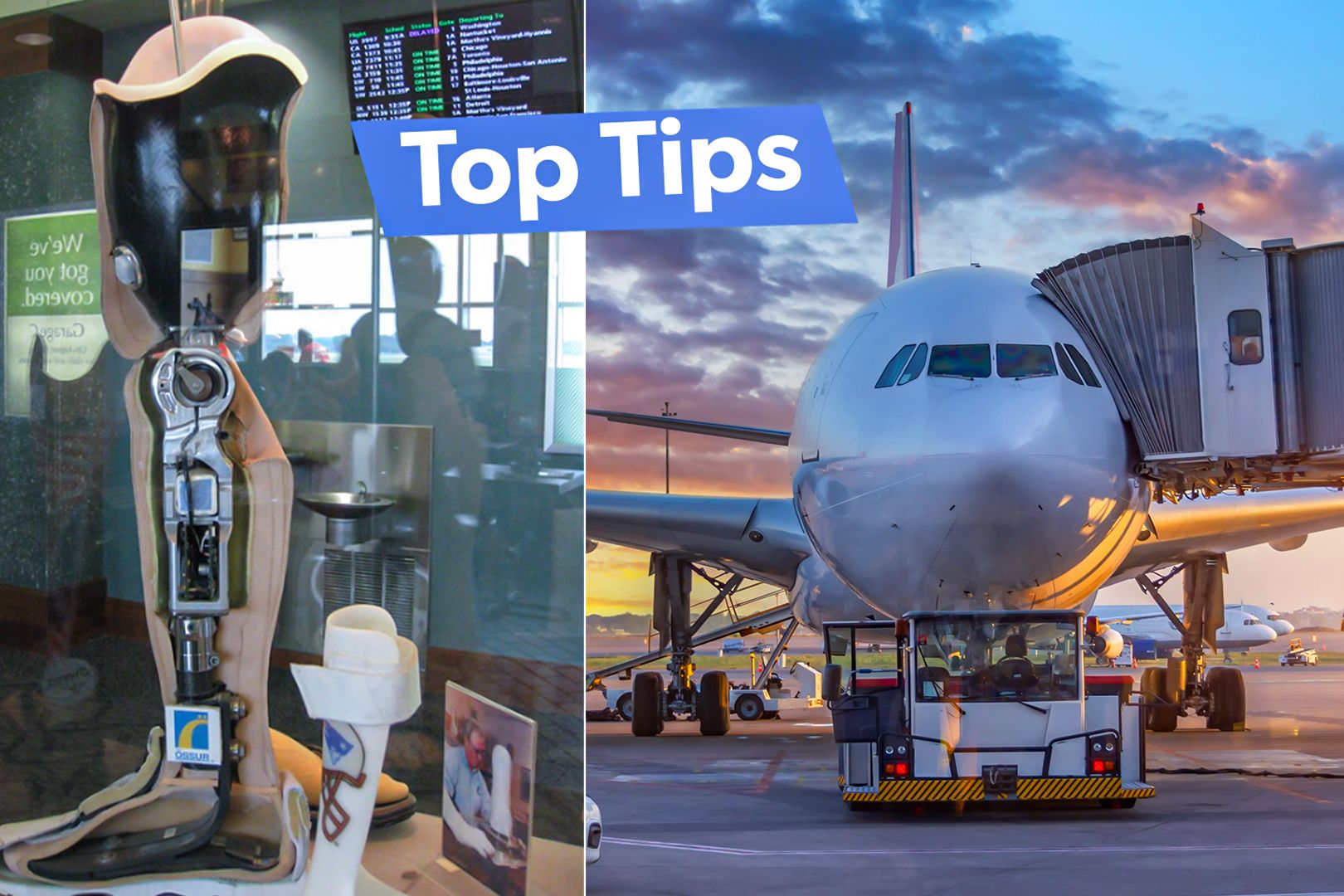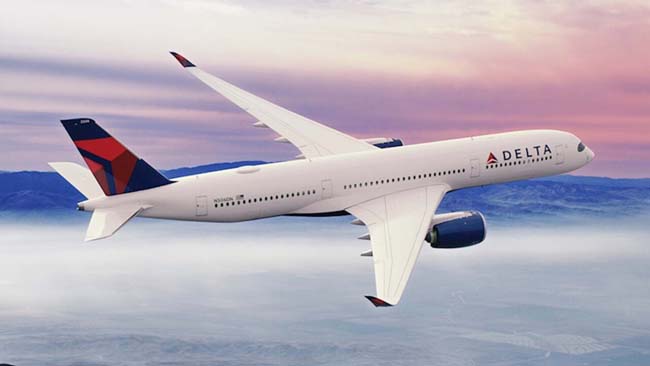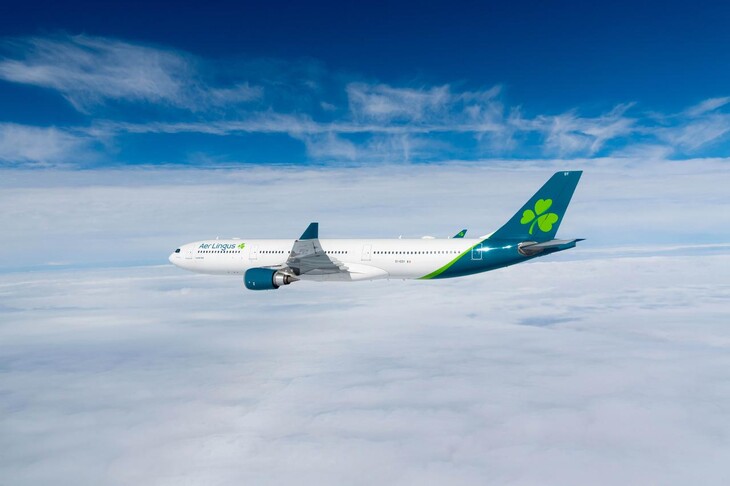Summary Five Spirit AeroSystems executives, including Patrick Shanahan, the CEO of the company, will receive substantial severance bonuses, known as a 'golden parachute.' The bonuses were related to Boeing's proposed acquisition of Spirit AeroSystems. However, the merger must be approved by the latter's shareholders and regulators across the globe.
The chief executive of Spirit AeroSystems, which should merge with Boeing if the former’s shareholders and regulators approve the transaction, should receive a substantial severance bonus, also known as a ‘golden parachute.’ Spirit AeroSystems executives' bonuses According to a filing that Boeing published with the United States Securities and Exchange Commission (SEC) on August 12, Patrick Shanahan, the president and chief executive officer (CEO) of Spirit AeroSystems, should receive a severance bonus of over $28.5 million if the merger between the two companies goes through.

In total, five Spirit AeroSystems executives, including Shanahan, should get ‘golden parachutes,’ the filing detailed. Executive Role Total bonus package Patrick Shanahan President and CEO $28.5 million Irene Esteves Executive vice president and chief financial officer (CFO) $7.
8 million Scott McLarty Senior vice president of Airbus & Regional/Business Jets programs $3.4 million (assumed exchange rate of $1.27390 to £1) William Brown Senior vice president of Global Quality $2.
4 million Duane Hawkins Recently retired as President of Defense & Space $1.3 million Total ➖ $43.4 million The bonuses consisted of cash severance equal to 12 months of the aforementioned executives’ then-current annual base salary, a cash bonus for 2024, and a cash amount equal to the dollar value of the long-term incentive award, with Shanahan and Esteves being unable to receive long-term incentive bonus.
However, out of the five, only Esteves, the current CFO of Spirit AeroSystems, will receive a retention bonus of $2.5 million and a sign-on retention bonus of $250,000, according to the filing. The latter would be paid out to the CFO if she stayed at the company until April 1, 2025, or Spirit AeroSystems’ ownership would change, which will happen if the two companies clear the merger.
As of June 27, 2024, Spirit AeroSystems had only $206 million of cash, with the company continuously bleeding cash during the first half of the year. Merger talks beginning in January The SEC filing also outlined the merger’s timeline, which began when Boeing’s management discussed a potential reintegration of Spirit AeroSystems in early January. “Boeing’s senior management believed a potential reintegration would improve the safety and quality of Boeing airplanes by integrating Boeing’s and Spirit’s engineering, manufacturing and quality and safety programs and teams, and would promote supply chain stability and the ability to facilitate production rate increases.
” The discussions began following the Boeing 737 MAX 9 mid-air door plug blowout on Alaska Airlines flight AS1282 on January 5. On January 17, David Calhoun, the then-president and CEO of Boeing, contacted Spirit AeroSystems’ board regarding a potential merger. A week later, the supplier’s board held a meeting to discuss Boeing’s initial approach about a potential merger.
Following discussions, which also included Skadden, Arps, Slate, Meagher & Flom as the legal counsel and Morgan Stanley as the financial advisor, Spirit AeroSystems instructed Robert Johnson, the chair of the Board of the company, and Esteves, to begin “preliminary and non-binding discussions with Boeing regarding a potential strategic transaction.” At the time, Esteves was an independent director of Spirit AeroSystems. She assumed her current role at the company on June 5.
Nevertheless, Boeing’s first merger offer included a $33 per share in cash, a termination fee of $150 million paid by the aircraft manufacturer, and other conditions on January 25. On February 9, Spirit AeroSystems’ board decided that the initial proposal was “not in the best interests of Spirit and Spirit Stockholders.” During the same period, the supplier began discussions with Airbus regarding potential sales of Spirit AeroSystems’ Airbus-related facilities and operations.
On February 20, Boeing increased the merger’s per-share offer to $39.15. Two days later, Spirit AeroSystems told the former company’s representatives that they would be eager to discuss the merger if Boeing increased the offer, including increasing the termination fee to at least $300 million.
Calhoun responded that Boeing would not offer more than $40 per share in cash for the acquisition of Spirit AeroSystems, and on March 1, both companies confirmed preliminary merger talks. The two sides finalized the agreement on June 30 and announced the proposed merger on July 1. On the latter date, Airbus and Spirit AeroSystems also finalized their agreement about facilities related to the former’s supply chain.
Boeing agreed to pay Spirit AeroSystems around $4.7 billion, or $37.25 per share, in a stock transaction, with the former also assuming the latter’s debt, increasing the total value of the deal to $8.
3 billion. Meanwhile, Airbus will receive $559 million for its acquisition of facilities and operations that were related to its supply chain from Spirit AeroSystems. Boeing is in the final stages of acquiring its once-owned sites in Wichita, Kansas, which have been operating as Spirit AeroSystems.
Seeking approval from Spirt AeroSystems’ shareholders The filing indicated that Spirit AeroSystems’ shareholders would have to vote to approve the merger at a special meeting, the date of which was only available to the owners of the company’s common stock. At the same time, the SEC document stated that while both parties filed the required forms with the Federal Trade Commission (FTC) and the Antitrust Division of the Department of Justice (DOJ) on July 29, both governmental agencies had to approve the transaction. “The transaction is also subject to clearance or approval by competition and foreign investment regulatory authorities in certain other jurisdictions, including from competition authorities in the United Kingdom, European Union, Canada, Morocco, Saudi Arabia, and Ukraine, and foreign investment authorities in France and the United Kingdom.
” The merger cannot be completed until Boeing and Spirit AeroSystems are cleared to close the merger or if the applicable waiting periods have expired or have been terminated in each jurisdiction, the filing added. Ortberg met with the US Senator for Kansas, Jerry Moran, in Wichita..



















